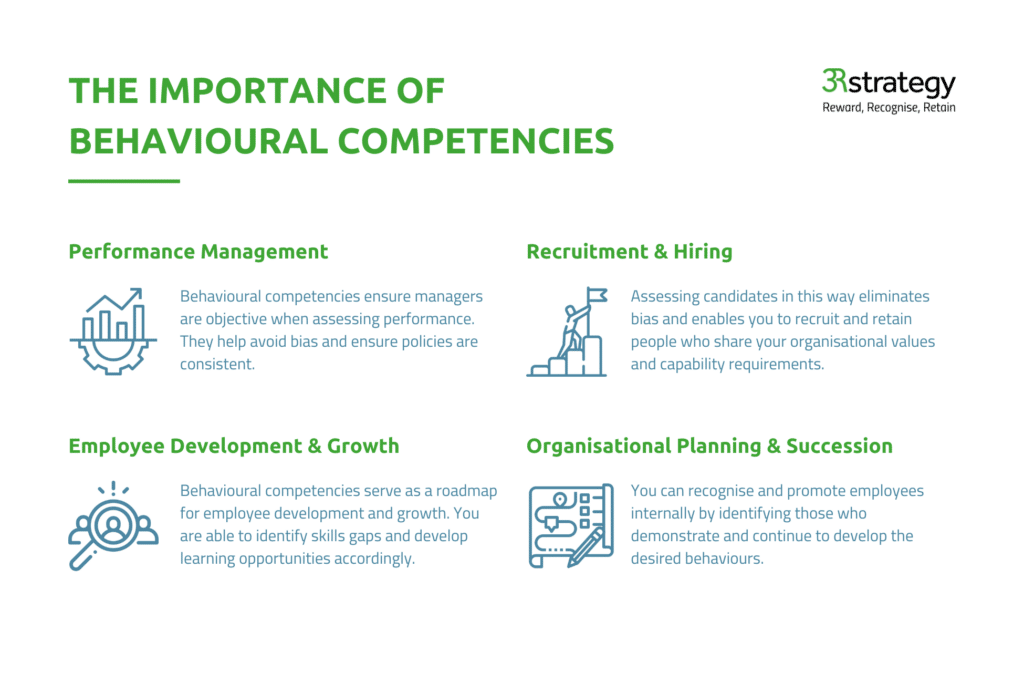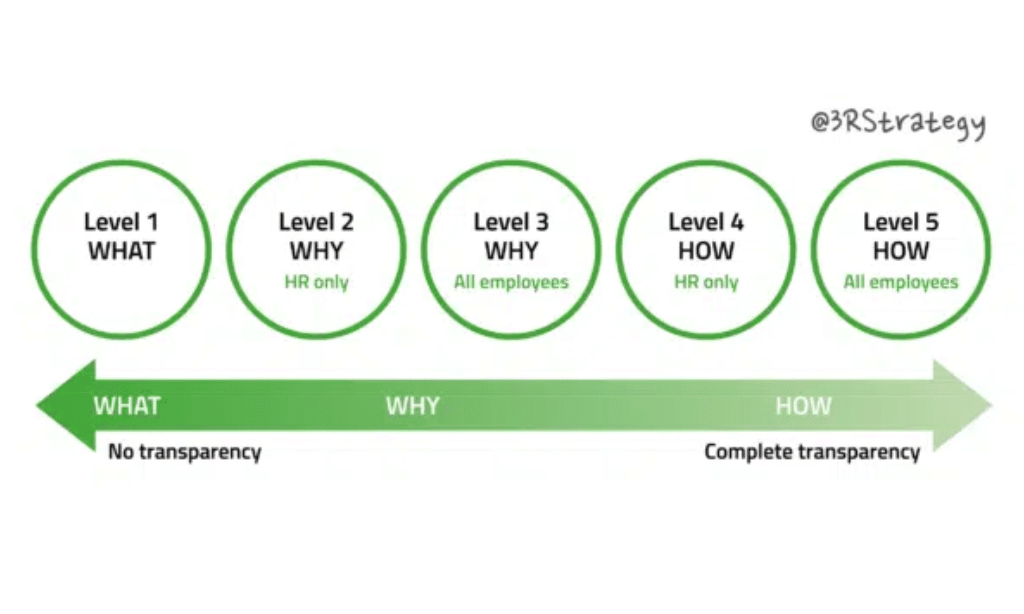Reward communications ensure your employees are well-informed about their pay and benefits. It allows you to remove any sense of uncertainty that could lead to high turnover or poor performance.
Not only that, but we know well-communicated pay equity is 13 times more important for engaging and retaining employees than high salaries.
The Importance of Reward Communications
By effectively communicating about pay and reward, you empower your employees to pursue their own development and contribute to the overall success of your organisation.
While increasing salaries may seem like the obvious solution to retain and engage your team, it can often be unsustainable and impractical. Instead of spending thousands on raises or bonuses, consider investing a fraction of that cost into building a sense of fairness and purpose.
Because at the end of the day, most employees just want to know that they are being treated fairly.
Preparing for Reward Communications
According to Thomas Online Benefits, over two-thirds of HR and reward professionals struggle to effectively communicate and promote the value of their benefits package to employees.
Before implementing a new communications strategy to overcome this, it’s crucial to have a clear understanding of your organisation’s pay policies, vision, messaging and the purpose of pay and reward. It’s also essential to anticipate potential questions and concerns from employees and prepare appropriate responses.
This will allow you to tailor the reward communications to your brand and ensure people are supported through their progression. Instead of a long word document with lots of text, you can make this information easy to absorb. Make it engaging for employees with design and relevant images.

Reward Communication Scenarios
It can be daunting when employees want to talk about pay. Our Global Salary Planning Survey found that 67% of organisations provide no manager training at all on how to tackle these conversations.
However, by embracing these discussions instead of avoiding them, you can provide clarity to team members around their pay and career, and help to retain talented people.
Scenario 1: Low Employee Pay
In situations where an employee’s pay is low compared to market rates, it’s crucial to explain the rationale behind their salary. This involves having a clear definition of the purpose of pay within your company, as well as why pay progresses.
Dealing With Low but Fair Pay
If an employee’s pay is on the lower side compared to market rates, but fair in light of their role and performance, it’s essential to make this clear.
Employee guides and graphics can help put your organisation’s pay ranges into perspective. It also allows you to back up any internal decision-making and provide constructive feedback on what that employee needs to do to progress their pay.
Handling Pay Issues With New Employees
New employees often start at a lower point in the pay range and may see an increase when their responsibilities increase over time. In this case, it’s important to outline your process for determining starting salaries and assure them of potential increases as they continue to display desired behaviours and contributions.

Scenario 2: Capping Base Pay
When an employee’s base pay reaches the top of the pay range for their role, it might be necessary to cap their salary. Having solid pay policies in place and an explanation of your organisational bonus structure—if applicable—is critical here.
Exceptional Performance but Pay Cap
For employees who are performing exceptionally but have reached the pay cap for their role, it’s important to recognise their hard work and dedication. Depending on the organisation’s budget and policies, it might be possible to reward their performance with a bonus or a promotion to a higher pay range.
Scenario 3: Disappointment Over Pay Increase
In some cases, an employee might feel disappointed with their pay increase. It’s important to handle such situations with empathy and understanding. This might involve discussing the factors that determined their increase, reassuring them of the fairness of their pay, and exploring other aspects of their job satisfaction.
This is another reason why we advocate for manager training and help our clients to support managers through pay conversations. Blame is often shifted onto HR when managers don’t have the answers or are dealing with disgruntled individuals.
However, creating training videos and guidance for managers equips them with the knowledge and preparation skills necessary to conduct these conversations with professionalism and confidence.
Conclusion: Building Trust Through Reward Communications
Effective reward communications are an essential tool for building trust and transparency in an organisation. By preparing adequately, taking a proactive approach, and handling difficult conversations with empathy and understanding, you can create a positive and supportive environment for employees.
If you want to provide your managers with training on how to have pay conversations then get in touch.


